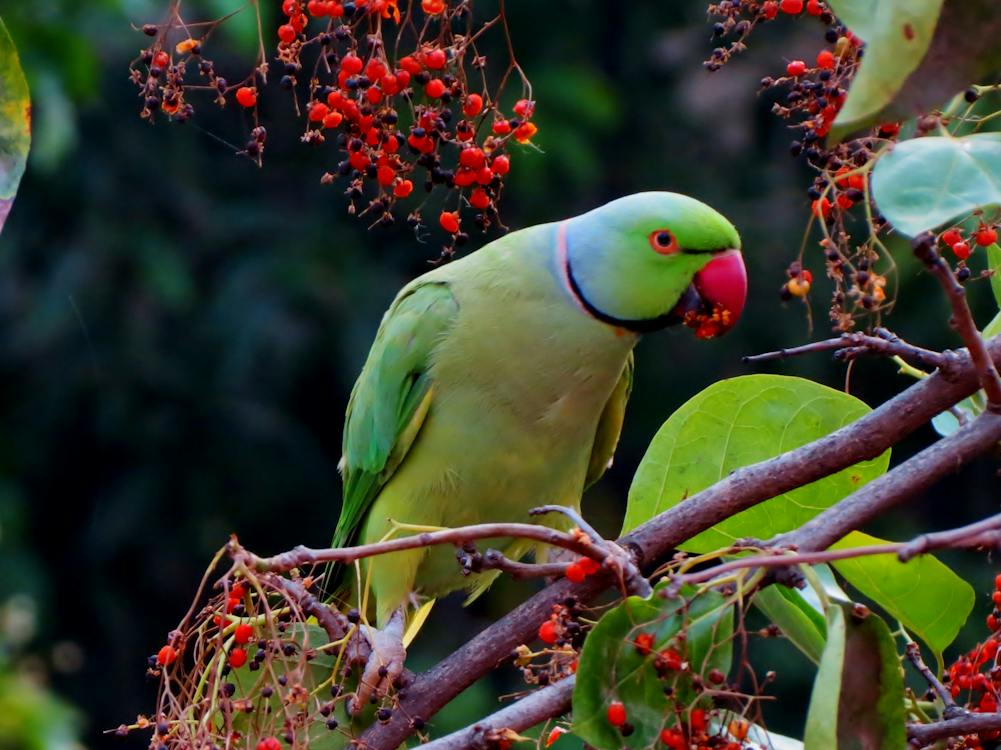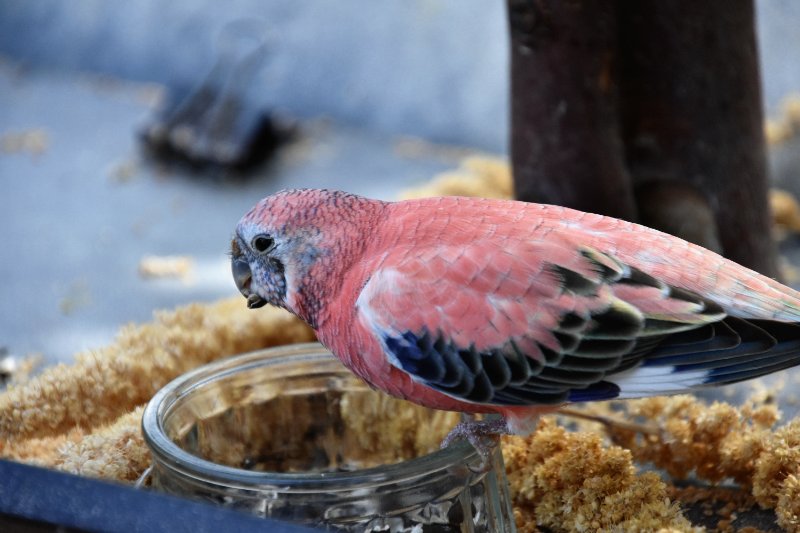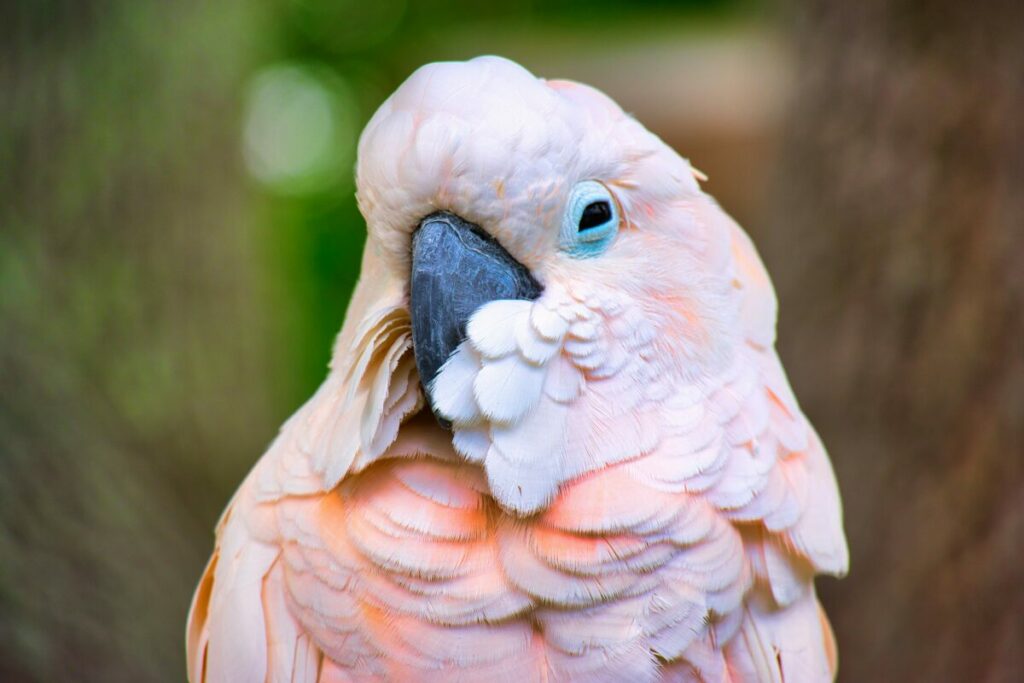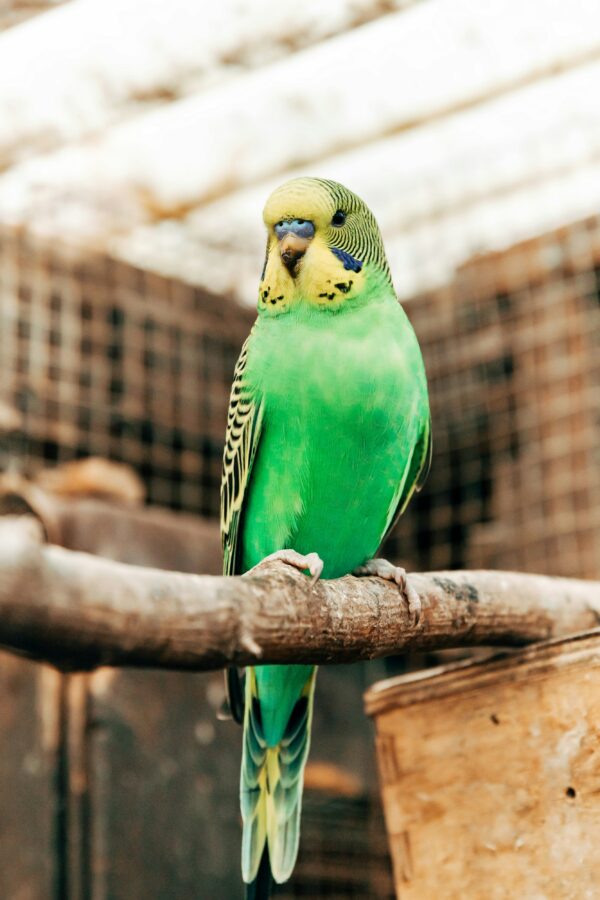Introduction to Parakeet Illness

Considered compact and ideal for those with limited living space, parakeets make great companions. Their upkeep is somewhat straightforward, only involving regular feeding, occasional treats, and cage tidiness. However, just like any creature, they’re susceptible to various ailments, known collectively as parakeet illnesses.
An Overview of Parakeet Care

Whether you own a parakeet or contemplating bringing one home, understanding their care requirements is essential. As pet parents, we’re responsible for creating a safe, healthy environment for our feathered companions. This includes:
- Providing a suitably sized cage
- Serving nutritious food and clean water
- Maintaining cleanliness of their habitat
- Offering mentally stimulating toys
Recognizing a Sick Parakeet

Despite meticulous care, your pet can sometimes fall prey to various parakeet illnesses. Being prey animals, parakeets instinctively conceal their illness to avoid appearing weak. Thus, it’s essential to closely monitor your pet’s habits and characteristics. Observing deviations from their normal behavior can indicate potential health issues. Among the concerning signs are:
- Altered droppings
- Weight fluctuations
- Ruffled feathers
- Beak or ceres showing crusts
- Clouded eyes
- Diminished appetite
- Feather plucking
- Falling off perch
- Reduced activity or chattering
The Role of Avian Veterinarians
In the event of any concerning signs, a consultation with an avian vet is recommended. Their specialist knowledge of birds enables them to diagnose and treat issues more accurately than standard vets.
Preventing Parakeet Illness

Preventive measures can play a significant role in keeping parakeet illnesses at bay. Among other things, parakeets should be shielded from smoke, household chemicals, and toxic cleaning supplies. While it’s enticing to allow your parakeet to fly freely around your house, doing so can expose them to potential hazards.
Conclusion
Keeping your parakeet healthy and active should be the overarching goal. Keeping a vigilant eye for the early signs of parakeet illness can make a critical difference in treatment and recovery.
Related Resources: